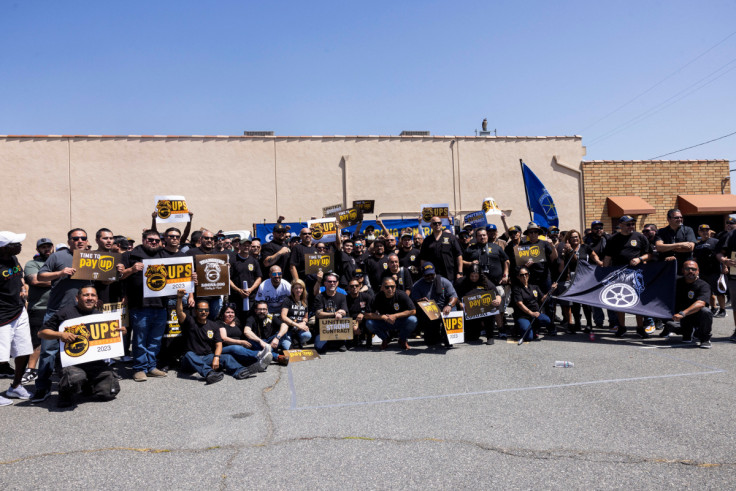UPS, Teamsters To Open High-stakes US Labor Talks

United Parcel Service and the International Brotherhood of Teamsters union will on Monday start U.S. private sector labor contract talks covering roughly 340,000 U.S. drivers, package handlers and loaders at the global delivery firm.
The stakes are high for union and management as recession threatens to cut into business, and worker participation in unions sits at all-time lows despite an uptick in labor activism.
The powerful Teamsters union wants an agreement that shares billions of dollars in UPS pandemic profits with workers, exerts leverage over other negotiations and helps to recruit new members - including Amazon warehouse workers.
UPS, the world's biggest parcel delivery firm and No. 1 employer of Teamster-represented U.S. workers, wants a deal that will satisfy workers, customers and investors, while enabling UPS to fend off non-unionised competitors like FedEx and Amazon.com as delivery demand cools.
"Failure is not an option," Teamsters General President Sean O'Brien told a rally on an April 2 in Boston. "What we do in these negotiations is going to set the tone for the entire country, the entire labor movement moving forward."
These are the first labor talks for both O'Brien and UPS CEO Carol Tom?. The only national strike at UPS in 1997 lasted 15 days, disrupted the supply of goods, cost the company $850 million and sent some customers to rivals.
The Teamsters' demands include better pay across the board, an end to forced overtime, elimination of a two-tier pay system, protection from hot weather and more full-time opportunities.
Members are prepared to walk off the job if UPS fails to deliver a deal before the current contract expires at midnight on July 31, said O'Brien. He added the union has a $300 million strike fund that will cover member pay and health care.
Tom? in January told investors the two sides were not far apart and she expected an agreement before the deadline.
"I don't want people working six days a week unless they want to," said Tom?, whose compensation totaled almost $19 million last year.
© Copyright Thomson Reuters {{Year}}. All rights reserved.





















